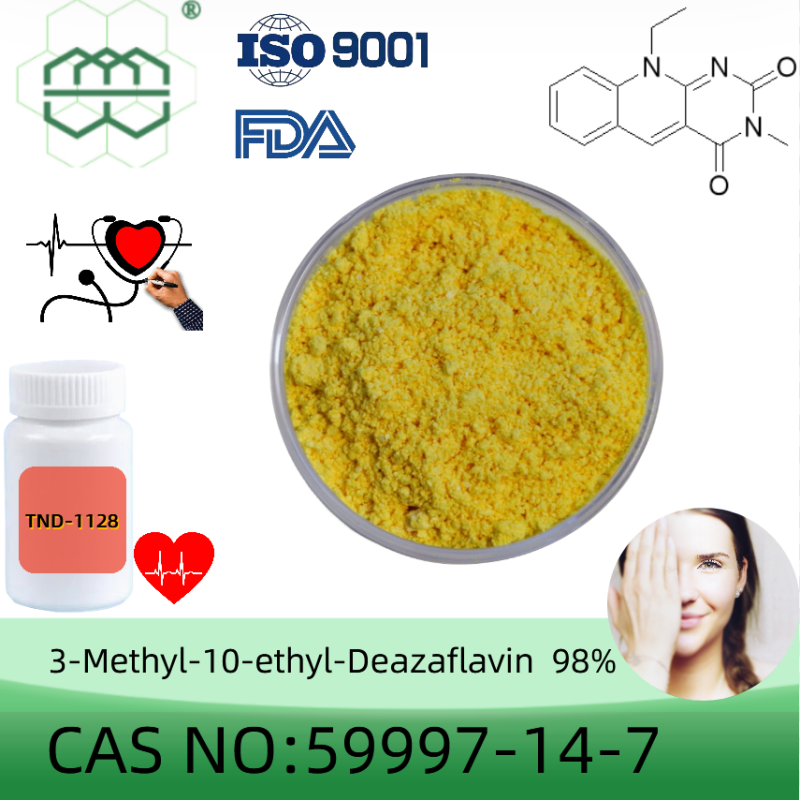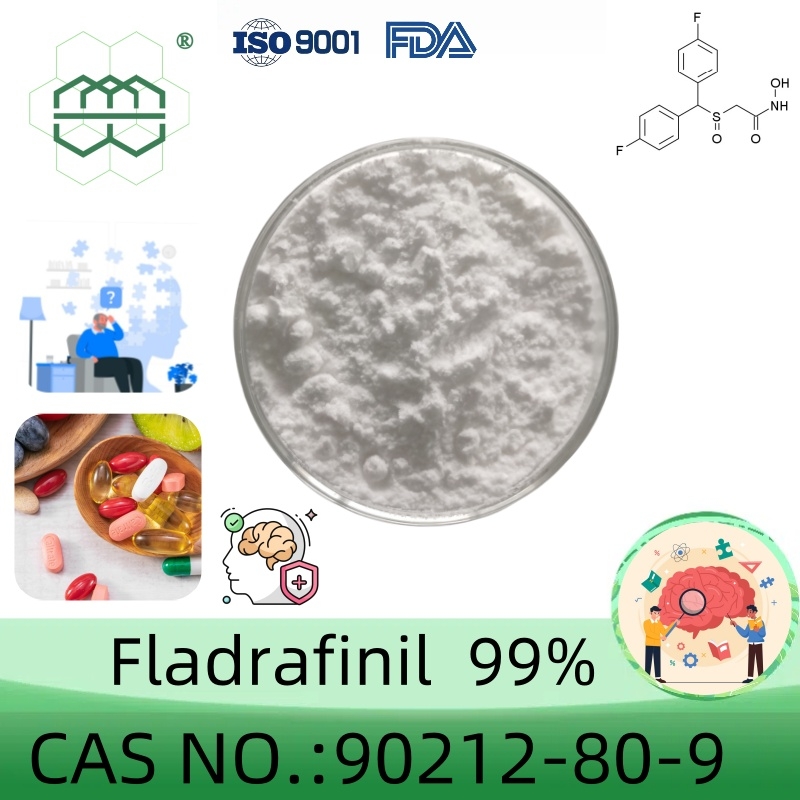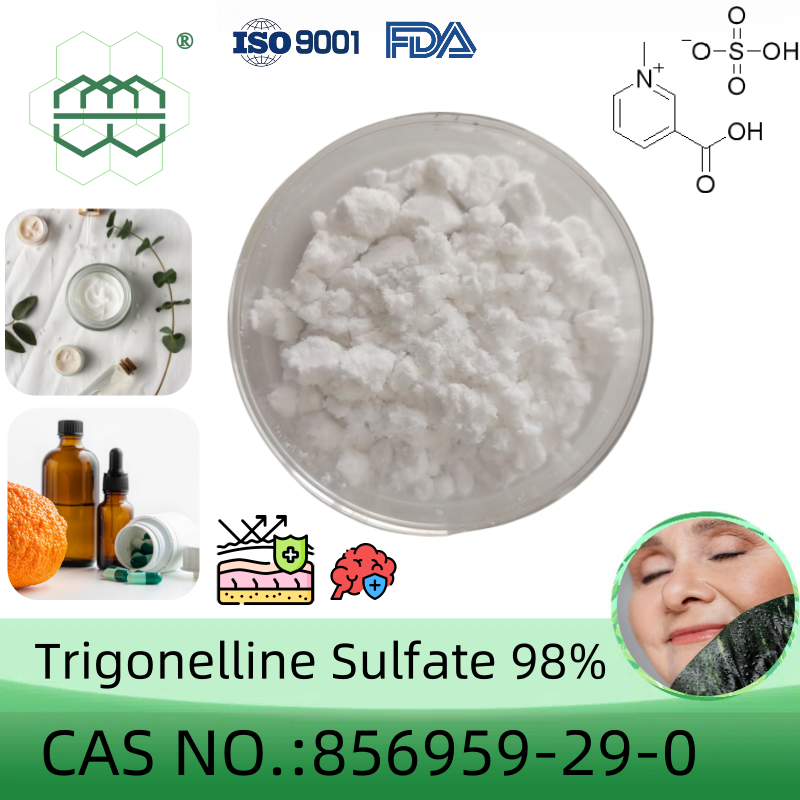-
Categories
-
Pharmaceutical Intermediates
-
Active Pharmaceutical Ingredients
-
Food Additives
- Industrial Coatings
- Agrochemicals
- Dyes and Pigments
- Surfactant
- Flavors and Fragrances
- Chemical Reagents
- Catalyst and Auxiliary
- Natural Products
- Inorganic Chemistry
-
Organic Chemistry
-
Biochemical Engineering
- Analytical Chemistry
-
Cosmetic Ingredient
- Water Treatment Chemical
-
Pharmaceutical Intermediates
Promotion
ECHEMI Mall
Wholesale
Weekly Price
Exhibition
News
-
Trade Service
Low blood sugar in infancy is severe, but treatment can avert long-term brain damage in babies, a new study finds
The University of Waterloo and Auckland study is the first of its kind to announce that stabilizing blood sugar levels in hypoglycemic newborns can prevent brain damage
Hypoglycemia, also known as hypoglycemia, is when the level of glucose in the blood is too low
While we know that hypoglycemia alters the shape of early developmental processes, large gaps remain in our understanding of how hypoglycemia alters early childhood development
"Rich pre-school and school experiences may help children's brains reorganize and improve their academic abilities until they reach peer developmental milestones
After following up on 480 children at risk of neonatal hypoglycemia, the researchers assessed each 9- to 10-year-old child in 5 key areas: academic achievement, executive function, visuomotor function, psychosocial adjustment and general health
This catch-up in neurocognitive function may be due to brain plasticity -- the ability of the brain to adapt, change and mature as a result of experience, the team said
"It's a great reassurance to know that babies born with and treated for hypoglycemia are less likely to suffer long-term brain damage," Thompson said
Over the past 10 years, the research team has continued to study the effectiveness of dextrose gel in treating hypoglycemia in newborns within 48 hours of birth, avoiding the need for babies to be admitted to a neonatal intensive care unit immediately after delivery
In another study, published in the Journal for the American Medical Association, the team assessed the later risk of hypoglycemia treated with dextrose gel in infancy and found that it was associated with neural sensation at two years of age.







